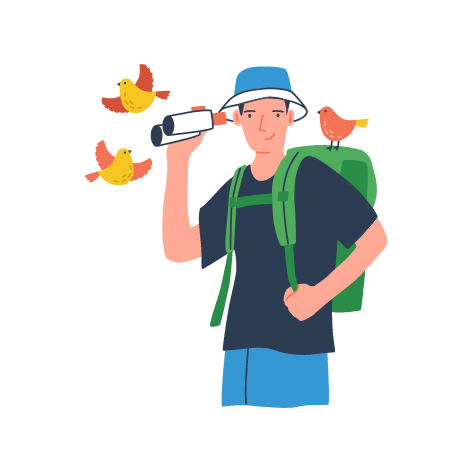
Pellets
Pelleted diets are similar to traditional dry dog and cat foods.
Pellets are hard little nuggets (or shapes) that consist of various ingredients sometimes including
- corn,
- barley,
- soybeans,
- peanuts,
- lentils,
- rice,
- and supplements such as Vitamins E, A, and D3, Riboflavin, and Calcium.
There are a few different ways to make pellets, but the general purpose is to create a food source that meets all of your bird’s nutritional requirements.
This may or may not be the reality, though.
Don’t believe everything printed on the package of pellets!
Pellets Aren’t PerfectThink about it. In the wild, birds forage for food and eat whatever is plentiful in their particular region.
Sometimes that may be the same food for a week, and then a totally different food for the next month.
A bird who lives in South America will eat a completely different diet than a bird who lives in Africa.
My point is that parrot nutrition is not an exact science.
I do not believe that there is one pelleted diet that is right for all captive birds, and I do not believe in feeding pellets exclusive of any other kinds of food.
A 100% pelleted diet just doesn’t feel healthy to me, and I bet your bird would find it incredibly boring!
Remember, parrots are very intelligent and a large part of their mental space is taken up by foraging for food in the wild.
They deserve a little variety in captivity!
However, I do think that pellets are a good way to provide “backup” nutrition to a picky eater.
I personally offer pellets at all times to my flock, though they only snack on them occasionally.
I recommend using only certified organic pellets.
Birds can be especially sensitive to pesticides, and organic pellets are widely available, though you may have to order through the internet to find them.
I also recommend avoiding artificial colors, flavors, and preservatives.
Brands I recommend: Harrisons, Zupreem Natural, Roudybush, and Totally Organics (TOP).
Seed Avoiding
Seed JunkieBird seed has acquired a pretty bad reputation in the bird world.
It used to be fed as a total diet until it was recognized that seeds simply do not provide adequate nutrition alone.
Most birds will relish seeds and, if allowed, will eat them exclusive of anything else.
Seeds aren’t entirely bad, but they don’t contain enough protein or essential nutrients like Calcium and Vitamin A to maintain good health.
They also contain quite a bit of fat, and birds can actually become “seed junkies”, getting hooked on seeds and becoming somewhat portly!
And once they get hooked, it can be difficult to get them to eat a healthy diet.
Seed Quality
Another problem with most birdseed is that it is of poor quality.
Additionally, there might be seeds in the mix that your bird will just never eat.
You’ll also see the seed that has been “fortified” with Vitamins and minerals, which are just discarded when the bird hulls the seed,
and bags of seed in stores are often stored improperly leading to the seed becoming rancid.
Seed Moths
Seed moths (or flour moths) hatch out of improperly stored birdseed.
These pesky critters are not dangerous to your bird, but they can quickly become a real problem in your kitchen or pantry.
Seed moths breed like crazy! And once you’ve got them it’s difficult to get rid of them.
Seed moth traps work well, but to prevent the moths, be sure to store your seed in airtight containers and/or freeze your seed.
Sprouting seeds is a great way to feed them!
When you sprout seeds, you release all the wonderful enzymes and other nutrients, and most birds really love sprouted seeds.
I believe that a small amount of seed in the diet is fine for most birds.
In Summary
Ground feeders like Cockatiels and African greys may be ok with a bit more than other birds,
as they naturally eat more seeds in their diet in the wild, but the jury bench is still out on this particular topic.
When feeding seed, I recommend only offering it during one part of the day,
such as the afternoon after the bird has already had other healthy food in the morning.

Hi, There and Welcome to BirdsNews.com, is here to help you learn and care about pet birds. and this blog is a journal of everything I’ve learned.
